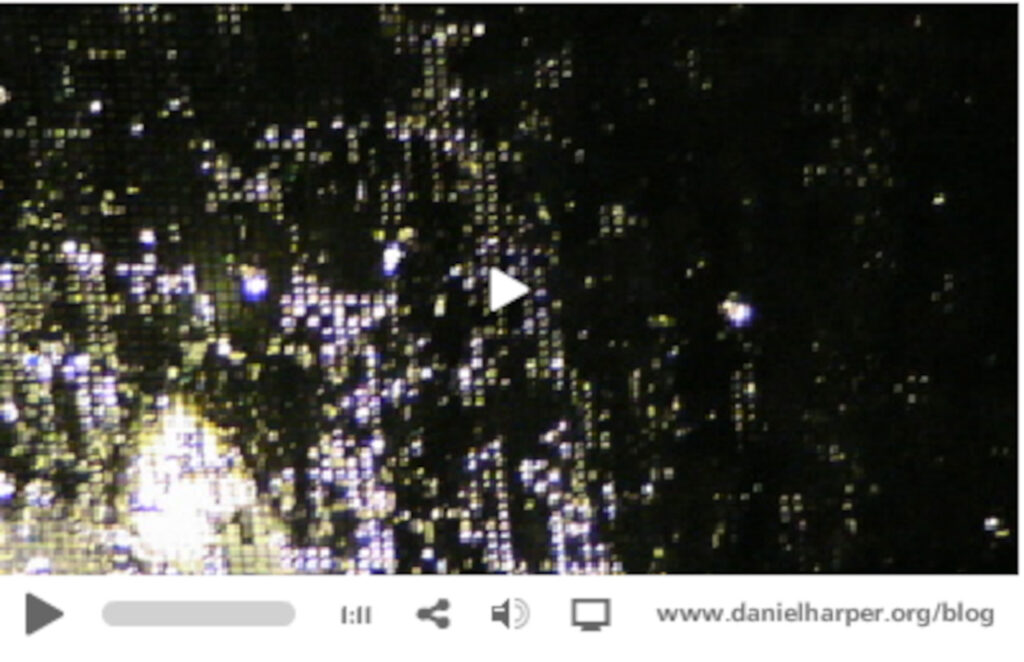I’ll be going to General Assembly, the annual gathering of United States Unitarian Universalists, this June. Many other Unitarian Universalists have decided not to attend this year, because General Assembly will be held at the Fort Lauderdale convention center — which, as it happens, is within the security boundaries of Port Everglades, a bustling port that requires government-issued identification for anyone who enters — which means that “for better or for worse, it will be the United States government that decides who can or cannot be with us — in worship, in community, and in our plenary sessions,” according to Rosemary Bray McNatt. That’s a pretty creepy thought.
I’ll be going, in spite of the creepiness of the United States government checking my identification before I can enter a worship service. I guess I have never believed that General Assembly is an open meeting. For more than half my working life, I have worked jobs where I would have found it difficult to find the money to pay to travel long distances and stay in hotels for five days while attending General Assembly — assuming that I could have even gotten the time off from work.
General Assembly has always erected huge economic barriers to participation by many (probably most) Unitarian Universalists. Every once in a while, that fact is mentioned in passing, but it is usually dismissed offhandedly. I find it harder to dismiss this fact. The central purpose of General Assembly is for duly appointed delegates from congregations to transact the business of the Unitarian Universalist Association in an allegedly democratic process. The economic barriers to attendance at General Assembly — barriers which keep many potential delegates from attending — mean it’s not a real democracy.
Then there’s the undeniable fact that having thousands of people travel each year to General Assembly releases huge amounts of greenhouse gases into the air. Other denominations, much bigger than ours, get along fine with general meetings every second year, or even every four years. With the latest projections that the Arctic ice cap will melt by 2013, how can I in good conscience get on a jetliner to attend a meeting that I feel does not need to be held every year? How can I in good conscience contribute to the desertification of central Africa and the flooding of Bangladesh, just so I can attend General Assembly every year? (I’ll be taking the train again this year instead of flying, which will cut my pollution enormously — about 990 lbs. of CO2, as opposed to about 1,930 lbs. if I flew, or 1,160 if I drove, according to carbonfund.org.)
So why am I going to General Assembly this year? For the simple reason that I volunteered to serve as a reporter for the UUA Web site. From a selfish point of view, this is a fantastic learning experience for me, a chance to hang out with geeks, videographers, photographers, writers, and editors who are all far more talented than I. Less selfishly, I feel that reneging on my commitment at this late date would be worse than tolerating the insanity of security checkpoints.
As for next year, I don’t know. The insanity of security checkpoints hasn’t stopped me this year, but the idiocy of an effective economic oligarchy and the heavy environmental cost may well keep me away from General Assembly next year.

